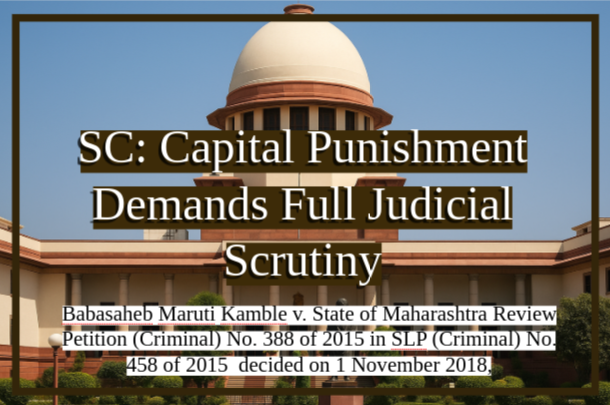From Silence to Settlement: The Unyielding Fight for Justice by Indigenous Survivors and Schoolgirls.CA
- M.R Mishra

- Jul 19, 2025
- 2 min read
The Indian Residential Schools Settlement Agreement (IRSSA), finalized in 2007, is not merely Canada’s largest class action settlement it is a landmark acknowledgment of one of the country’s deepest historical wounds.
At its core lies a brutal, original story: that of Indigenous schoolgirls who were sexually exploited by those entrusted with their care in the Indian Residential School system.
These institutions, run by churches and sanctioned by the federal government, claimed to offer education but instead became sites of physical, emotional, and sexual abuse, cultural erasure, and intergenerational trauma.

The catalyst came in 1988, when one of the first legal cases was brought forward by a former female student who had been repeatedly assaulted by school staff.
Her courage to speak publicly, in court, broke decades of silence and denial. Her story was neither isolated nor exceptional it was emblematic of a systemic pattern. As more survivors stepped forward with eerily similar accounts, the floodgates opened.

What began as an individual’s pursuit of justice evolved into a nationwide class action encompassing thousands of former students across Canada.
Amid this reckoning stood Brenda Reynolds, an Anishnaabe social worker from Fishing Lake First Nation in Saskatchewan.
When the first litigated abuse case surfaced in 1988, Reynolds began counseling residential school survivors, often women who had carried these traumas in silence for years.
Witnessing the magnitude of psychological and spiritual devastation, she committed her life to healing Indigenous communities not just individually, but structurally.
Reynolds went on to develop the Indian Residential Schools Resolution Health Support Program, which became an essential pillar of the eventual settlement.
Her approach blended clinical care with cultural wisdom, ensuring survivors received not only mental health services but also access to Elders, ceremonies, and traditional healing practices.
This model became integral to how the IRSSA was implemented, especially as thousands of survivors later testified before the Truth and Reconciliation Commission.

In 2025, Brenda Reynolds was awarded the Nelson Mandela Human Rights Award, recognizing her decades-long fight for dignity, justice, and healing. Her leadership helped transform survivor suffering into institutional acknowledgment and restitution.
The IRSSA, with its components of compensation (CEP), redress (IAP), commemoration, and reconciliation, may be codified in law but it was born from the voices of abused schoolgirls and the tireless work of women like Reynolds. It stands not as an end, but a beginning: a nation learning to face its past through truth, reparation, and respect.







Comments